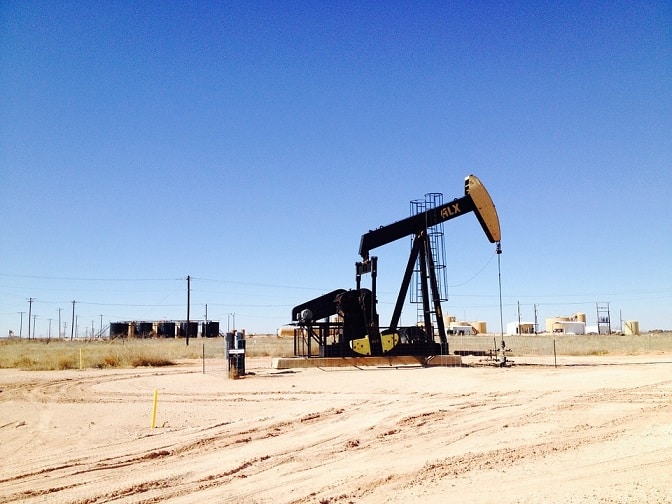According to a scientific report requested by Congress and released on 13 December 2016 by the United States’ Environmental Protection Agency (EPA), on the impacts of fracking (hydraulic fracturing) on drinking water resources, fracking can impact drinking water under some circumstances.
The EPA study, called ˜Hydraulic Fracturing for Oil and Gas: Impacts from the Hydraulic Fracturing Water Cycle on Drinking Water Resources in the United States, identifies the impact on drinking water at each stage in the hydraulic fracturing water cycle. Such cases generally occurred near hydraulically fractured oil and gas production wells; severity ranged from temporary changes in water quality to intense water contamination that resulted in private drinking water wells becoming unusable.
The study reviewed in excess of 1,200 cited scientific sources, input from engaged stakeholders, feedback from an independent peer review conducted by EPA’s Science Advisory Board, as well as new research conducted as part of the study.
EPA’s Science Advisor, Dr Thomas A. Burke, said: “This assessment is the most complete compilation to date of national scientific data on the relationship of drinking water resources and hydraulic fracturing. EPA’s assessment provides the scientific foundation for local decision makers, industry, and communities that are looking to protect public health and drinking water resources and make more informed decisions about hydraulic fracturing activities.
The study shows that impacts from fracking were more frequent or severe under various conditions, including:
- Where water for fracking was withdrawn at times or in areas of low water availability, especially in areas with limited or declining groundwater resources;
- Where spills occurred during the management of hydraulic fracturing fluids and chemicals or produced water resulted in large volumes or high concentrations of chemicals reaching groundwater resources;
- Where hydraulic fracturing fluids are injected into wells with inadequate mechanical integrity, allowing gases or liquids to move to groundwater resources; and
- Where hydraulic fracturing fluids are injected directly into groundwater resources.
Get hot water boilers and plumbed water coolers from Living-Water.






